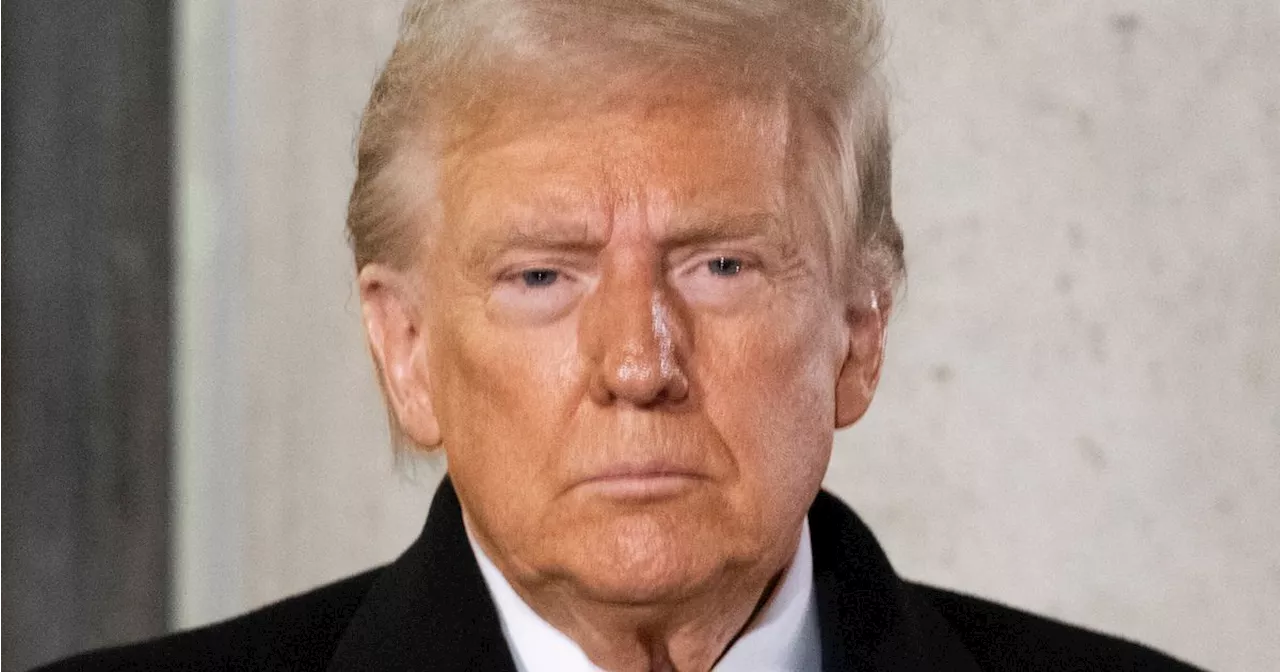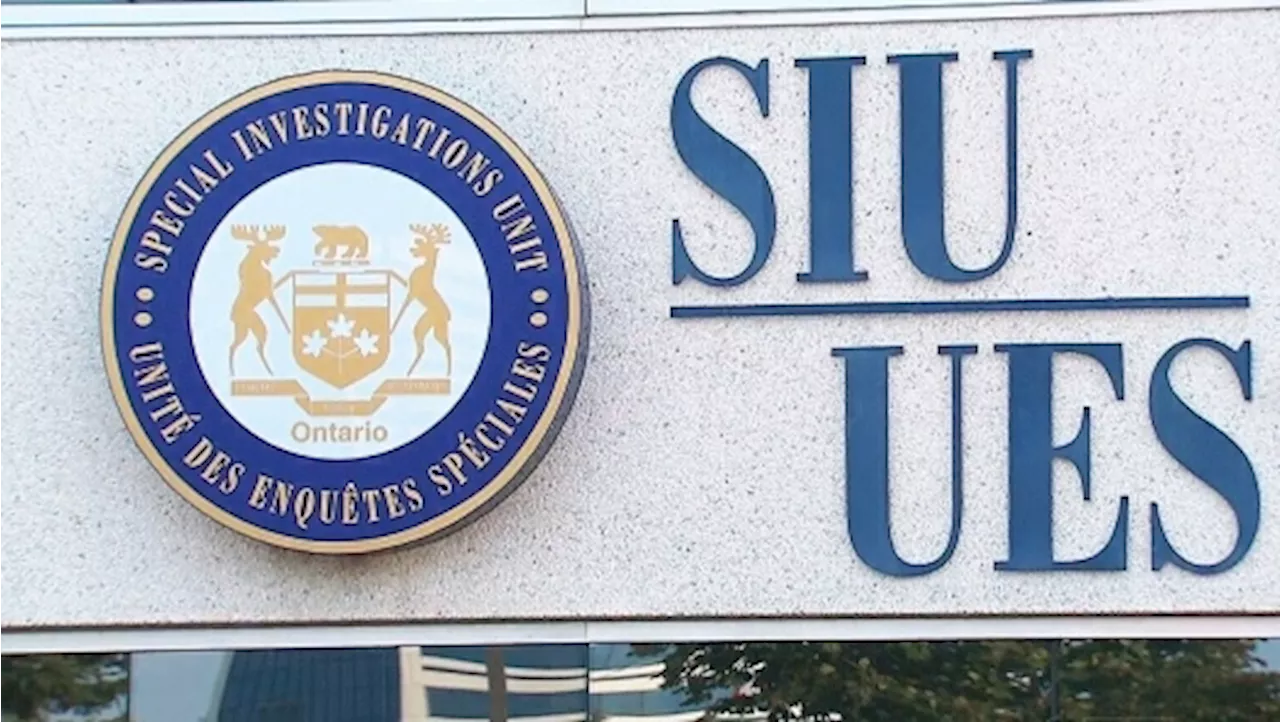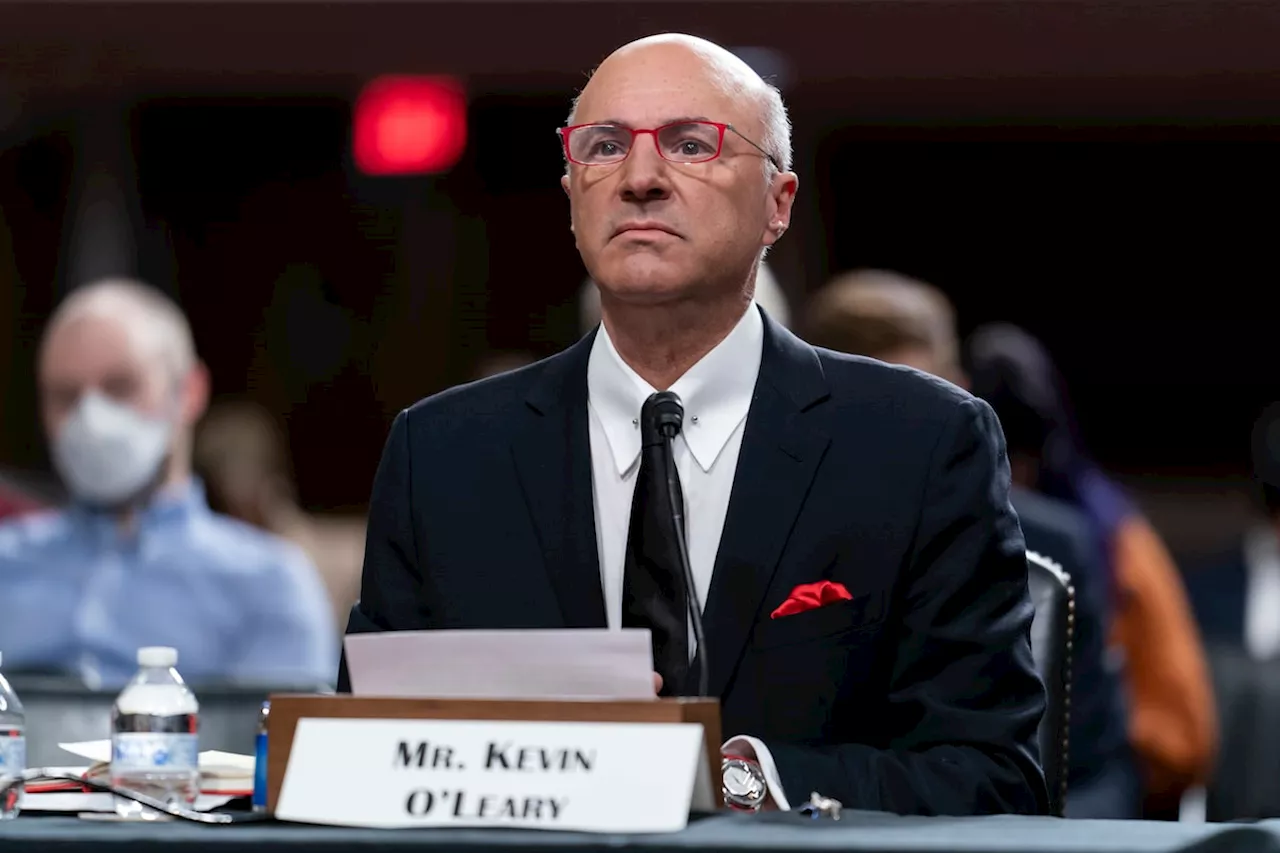Kevin O’Leary, known for his TV persona as a shrewd businessman, is once again attempting to influence Canadian politics. This time, his ambitious scheme involves promoting an economic union between Canada and the United States under the leadership of Donald Trump. However, this endeavor appears misguided and lacks a clear understanding of the complexities involved. The article analyzes O’Leary's proposal, highlighting its impracticality and potential implications for Canada's sovereignty.
The last time Kevin O’Leary attempted to intervene in our politics, he was campaigning for leader of the Conservative Party – from Massachusetts. He had just joined the party, couldn’t speak a word of French (“I speak the language of jobs”), attended few of the debates, and refused to commit to living in Canada if he won. Nevertheless the Boston Stranger was the front-runner in many polls until, inevitably, withdrawing a month before the vote. Eight years later, Mr.
O’Leary is back with a new grift. No longer pretending to be interested in running the country, his latest scheme is to deliver it into the trembling hands of Donald Trump. No sooner had his fellow TV pitchman expressed interest in making Canada “the 51st state” than the Eyewash Rover was all over everywhere proposing himself as lead negotiator. But now he says it was all a misunderstanding. Mr. Trump, he insists, does not want to take over Canada, despite his many proclamations to that effect. That’s all just “noise.” What he really wants, Mr. O’Leary claims, is an economic union.means by this. It’s not clear he knows what he means by it. If he means the free movement of goods, services and capital across the border, we already have that, more or less, under NAFTA – a treaty that Mr. Trump first rejected, then insisted on renegotiating, and now threatens to abrogate. If economic union means a deeper level of economic integration than NAFTA – to embrace, not only goods, services and capital, but also labour – there is precious little to suggest that Mr. Trump has any interest in this. He wants less free trade, not more. And he wants open borders even less. Maybe Mr. O’Leary means the free movement of goods, services, capital and labour, plus a common currency. That’s not a new idea. There was a brief debate about it in this country in the late 1990s. At the time the Canadian dollar was worth even less than it is now, about 66 cents US. Some worried Canada had grown addicted to depreciation, relying on it to keep us competitive instead of taking the hard steps needed to raise national productivity. Ergo, it was proposed we should permanently deny ourselves that option, by locking ourselves into a common continental currency. It even had a name: the Amero. There’s just one problem with this idea. Well, there are several, but one in particular: the Americans would never go for it. Give up the dollar, which they control, for a whole new currency, to be administered by a supranational central bank they’d have to share with us? Not in a million billion years. So if it’s a common currency Mr. O’Leary is after, there’s only one way to get it: Canada would have to adopt the US dollar. Which would mean allowing the U.S. Federal Reserve to decide our monetary policy. Indeed he concedes as much: inwith our Steven Chase, he talks about Canada receiving a couple of seats on the Federal Reserve board. Gee, thanks. (Why would we want a common currency, anyway? A freely floating dollar is one of the great triumphs of Canadian economic policy, allowing us to adjust to economic shocks via the exchange rate, rather than by movements in prices and wages, which are notoriously “sticky,” especially on the down side. Plus it allows monetary policy to focus on its proper target, keeping inflation low, rather than sacrificing domestic economic stability on the altar of some arbitrary external value of the dollar. There are ways to increase productivity that don’t involve tying ourselves in exchange rate knots.) The same principle would apply to the most ambitious form of economic union, of the kind pioneered by the European Union. But to achieve that degree of integration, with continental competition laws and subsidy codes and the rest, requires not only a supranational central bank, but a supranational parliament, a supranational executive, a supranational high court, and so on. On their own these imply a massive surrender of national sovereignty: that, indeed, was the intent of the EU’s founders. But again, there is no chance the Americans would agree to these. Any such integration could only be achieved by Canada submitting itself to U.S. institutional authority – joining the U.S., in other words. There is no practical distinction to be made between an economic union, in a North American context, and political union. The one implies the other. Nor is there any reason Canada should agree to it. We have a free trade agreement. It works well. We would like to keep it. But if what Mr. Trump, or Mr. O’Leary, is saying is that the price of keeping it is an economic – and political – union, well, we can get along without it
Kevin O’Leary Donald Trump Economic Union Canada-US Relations NAFTA National Sovereignty
Canada Latest News, Canada Headlines
Similar News:You can also read news stories similar to this one that we have collected from other news sources.
 Kevin O'Leary Pushes for Canada-US Merger, Trump Says 'Great Idea'Canadian 'Shark Tank' star Kevin O'Leary proposes merging Canada with the United States, an idea championed by President-elect Donald Trump. Trump envisions a powerful combined nation with a common currency, open trade, and free movement between the countries.
Kevin O'Leary Pushes for Canada-US Merger, Trump Says 'Great Idea'Canadian 'Shark Tank' star Kevin O'Leary proposes merging Canada with the United States, an idea championed by President-elect Donald Trump. Trump envisions a powerful combined nation with a common currency, open trade, and free movement between the countries.
Read more »
 Prince George Eyes Hosting 2028 Special Olympics Canada Winter Games or 2030 Canada Summer GamesPrince George city council has unanimously voted to submit a letter of intent to host either the 2028 Special Olympics Canada Winter Games or the 2030 Canada Summer Games.
Prince George Eyes Hosting 2028 Special Olympics Canada Winter Games or 2030 Canada Summer GamesPrince George city council has unanimously voted to submit a letter of intent to host either the 2028 Special Olympics Canada Winter Games or the 2030 Canada Summer Games.
Read more »
 Canada News Roundup: Postal Strike Ends, Trump Targets Canada, Seniors Support Families Amid Affordability CrisisThis news roundup covers various Canadian stories including the end of the Canada Post strike, Donald Trump's comments about Canada, seniors supporting their families due to affordability concerns, a Quebec man charged with firearm manufacturing and hate speech, and a murder investigation in New Brunswick.
Canada News Roundup: Postal Strike Ends, Trump Targets Canada, Seniors Support Families Amid Affordability CrisisThis news roundup covers various Canadian stories including the end of the Canada Post strike, Donald Trump's comments about Canada, seniors supporting their families due to affordability concerns, a Quebec man charged with firearm manufacturing and hate speech, and a murder investigation in New Brunswick.
Read more »
 Canada coach Jesse Marsch to hold coaching seminars across Canada in JanuaryCanada coach Jesse Marsch is hitting the road next month for a series of coaching workshops for provincial coaches. The trip starts Jan. 21 in Halifax for a stop hosted by Soccer Nova Scotia, with coaches from Nova Scotia, the P.E.I.
Canada coach Jesse Marsch to hold coaching seminars across Canada in JanuaryCanada coach Jesse Marsch is hitting the road next month for a series of coaching workshops for provincial coaches. The trip starts Jan. 21 in Halifax for a stop hosted by Soccer Nova Scotia, with coaches from Nova Scotia, the P.E.I.
Read more »
 Canada coach Jesse Marsch to hold coaching seminars across Canada in JanuaryCanada coach Jesse Marsch is hitting the road next month for a series of coaching workshops for provincial coaches. The trip starts Jan. 21 in Halifax for a stop hosted by Soccer Nova Scotia, with coaches from Nova Scotia, the P.E.I.
Canada coach Jesse Marsch to hold coaching seminars across Canada in JanuaryCanada coach Jesse Marsch is hitting the road next month for a series of coaching workshops for provincial coaches. The trip starts Jan. 21 in Halifax for a stop hosted by Soccer Nova Scotia, with coaches from Nova Scotia, the P.E.I.
Read more »
 Canada coach Marsch to hold coaching seminars across Canada in JanuaryCanada coach Jesse Marsch is hitting the road next month for a series of coaching workshops for provincial coaches.
Canada coach Marsch to hold coaching seminars across Canada in JanuaryCanada coach Jesse Marsch is hitting the road next month for a series of coaching workshops for provincial coaches.
Read more »
